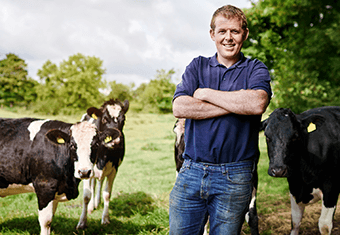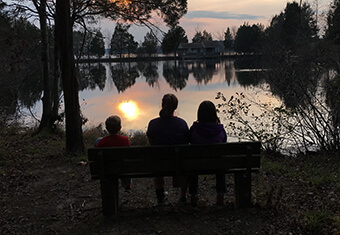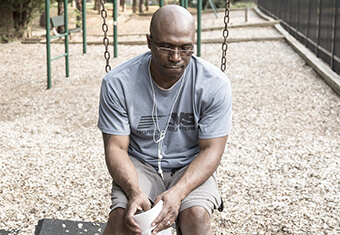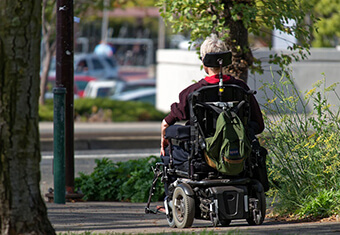It can be a very proud moment for a parent to look around a farm and to say to their child, ‘one day, all this will be yours’.
Family farms are often passed from one generation to the next and the value of land means that farms can have a considerable value, even if at the time cash is tight. Often two or three generations of the same family work together on the same farm.
But sometimes, unexpected things happen: parents get divorced and remarry, or family arguments drive a wedge between parent and child. In these circumstances, a parent may change their mind and make a new will, leaving property in different shares or, perhaps, leaving it to a new partner.
Can I change my will?
Anyone is generally free to change a will at any time. When making a will under English and Welsh law, a person is entitled to be capricious, whimsical or unfair if they wish to act in that way. Sometimes a new will is made just to reflect a change in circumstances.
An individual is perfectly free to make a promise to leave a property to someone – only to change their mind later. This situation is quite common.
So what’s different for family farms?
Family farms, however, face a unique situation when it comes to owners changing their minds. For example, a property-owning farmer may say to his daughter: ‘one day, all this will be yours’. He promises this on many occasions over a long period of time, and so the daughter continues to work on the family farm and turns down opportunities to work elsewhere (perhaps for a higher wage). This encourages her to stay working on the farm for a low salary precisely because one day the family farm will become hers.
If the farmer later decides to change his mind, this starts to stray into a more complicated legal situation.
If a property owner makes a promise to someone (for example to leave them the farm), and that person relies on that promise and acts to their detriment (for example by turning down the opportunity to work elsewhere for a higher wage), then the property owner can be held to that promise – even if they make a will to the contrary.
This legal principle is known by the slightly unusual word ‘estoppel’.
Sadly, there have been numerous recent cases that have gone all the way to trial in precisely these circumstances: a property-owning farmer has made a promise to leave the farm to a particular beneficiary, only to change their mind later. These are some of the saddest cases to come to court, since they reflect a tragic breakdown of family circumstances.
Try to resolve things amicably
If you find yourself in this situation and promises have been made and then broken, a good lawyer should take steps to try to resolve any family dispute amicably, without the worry, risk and expense of a trial.
Many people embark on a process of mediation in the hope that a family relationship can be salvaged and the work of the farm can continue. Statistically, mediations have a very high prospect of success: in the region of 85 per cent of cases referred to meditation settle, with considerable benefit for family members so that they can meet again around a kitchen table rather than at in court.
Don’t make promises you can’t keep
The best defence, however, is to avoid this sort of situation arising in the first place. It may be tempting as a short-term fix to offer to leave a farm to one beneficiary, rather than to someone else. Sometimes these promises are made on the spur of the moment or in the heat of an argument. These promises can, however, have serious consequences for the future of the farm. In short, promises should never be made unless they can be kept.
Stephen Lawson TEP is a Partner and Head of Litigation at FDR Law LLP, Frodsham, UK
 UK
UK  Canada
Canada











